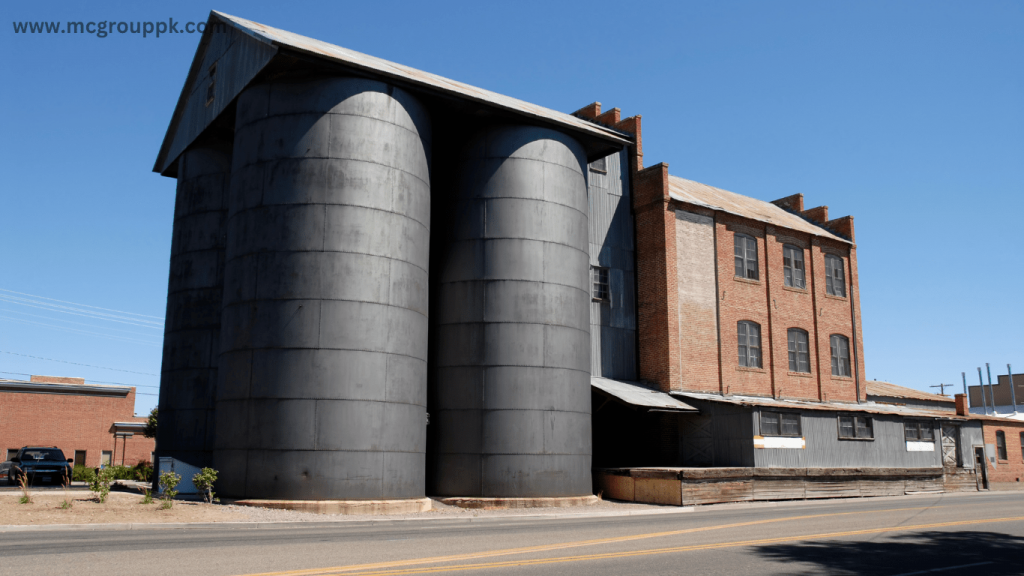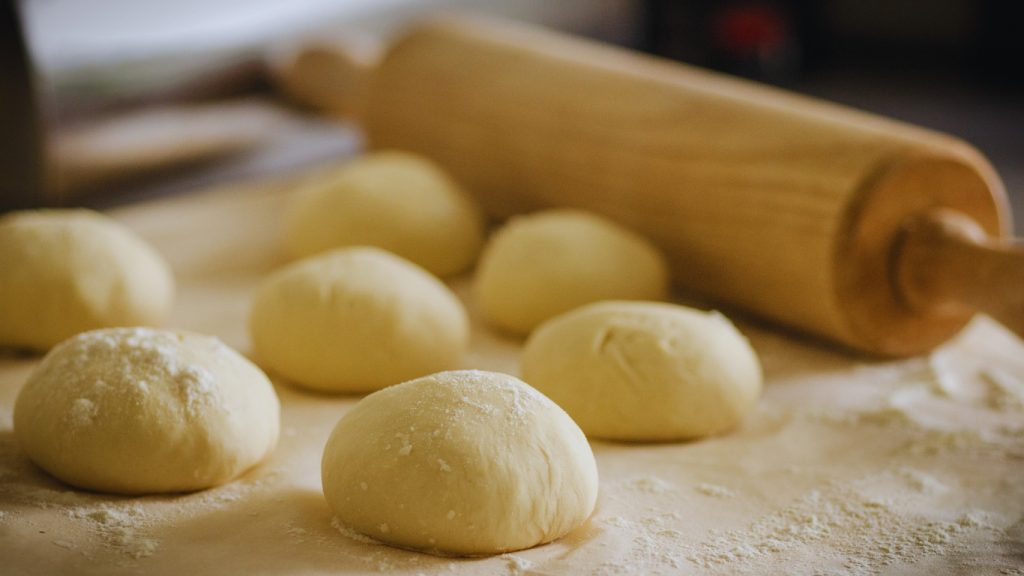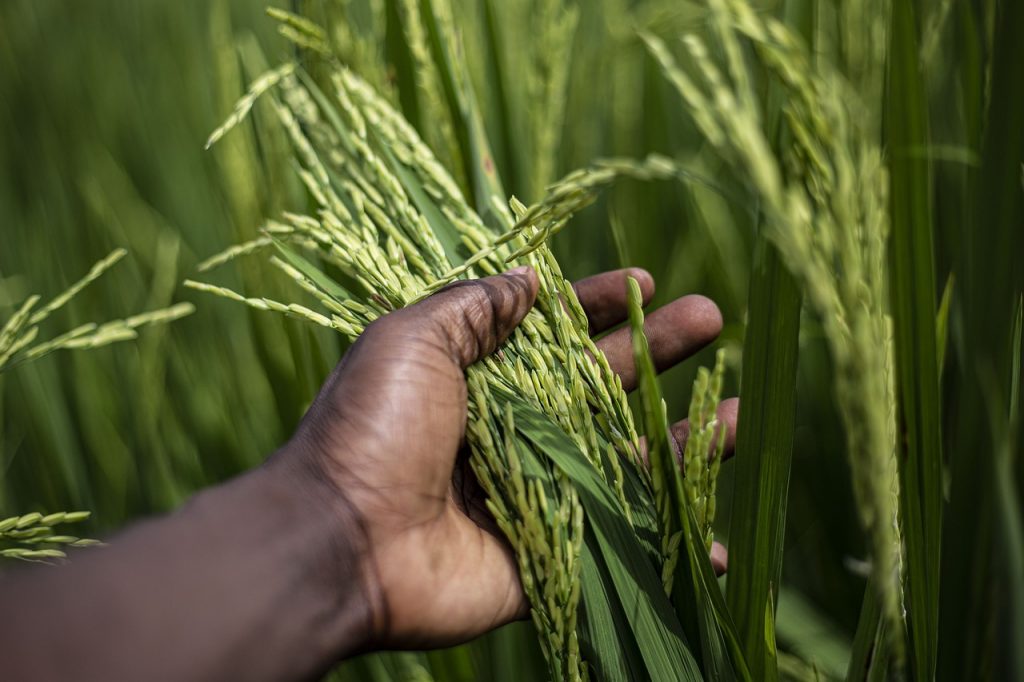Flour mills in Pakistan are at the heart of the country’s food processing industry, playing a crucial role in the nation’s food security. If you’re looking for a “flour mill near me,” you’re likely curious about how this industry works and its significance to everyday life. From rural bakeries to large cities, these mills ensure that millions of people have access to one of the most basic human necessities—flour. But why are flour mills so important, and what goes on behind the scenes?
Flour milling companies in Pakistan have rapidly mechanized. The flour can be for human consumption or other uses. This article will explore Pakistan’s flour mills. It will cover their work, their role in the economy, and how they are tackling new food industry issues, like rising demand and conservation.
If you want to learn about Pakistan’s flour mills, this is for you. If you’re interested in investing, or if you’re a consumer wondering where your daily bread is made, this is for you too. Let me explain the basics of flour mills in Pakistan. We will then review how they affect the economy, what type of flour they make, and their role in both rural and urban societies.
The Evolution of Flour Mills in Pakistan
The milling industry in Pakistan dates back to before partition. Then, grinding techniques were rudimentary, and small, domestic units existed. It has become a more organized, large-scale business. It now uses modern technologies to improve quality and efficiency in the market. This was so required following the population increase in Pakistan and the growing demand for flour products in the country.
Every flour mill in Pakistan has modern machines. They use standard quality controls to produce various flours. Wheat flour is mainly used to make bread, chapati, and other staple foods in Pakistan.
Key Milestones in Pakistan’s Flour Milling Industry:
Early Days (Pre-Partition Era): Food preparation used conventional methods. People ground food with stone mills and baked it in a small cluster of families.
Post-Independence Expansion: After independence, demand for flour was high. So, the industry expanded with more mills.
Modernization (2000s and Beyond): New technologies and rules have improved mills’ flour production.
Types of Flour Produced in Pakistan
There are diverse flour types available in the flour mills in Pakistan because flour is available in different qualities. The two main types of flour are whole wheat and all-purpose and they both have their rightful place in the kitchen and the food industry. Here’s a breakdown of the most common types:
Whole Wheat Flour: This flour is used in many homes to make chapatis and rotis. It has all the parts of the wheat kernel. So, it has more fiber and nutrients.
All-Purpose Flour (Maida): It is also used in baking breads, cakes, and pastries because the flour is very finely ground. This one has a smoother finish and is the one mostly used in commercial baking.
Semolina (Sooji): It’s used to make breakfast cereals, snacks, and desserts like halwa. It is made by coarsely grinding.
Gram Flour (Besan): This flour comes from ground chickpeas. It is used widely in making fried foods, like pakoras.
These different flour types are produced by a strict milling process. It ensures that consumers get the best product.
Economic Impact of Flour Mills in Pakistan
Pakistan agribusiness and particularly the flour mills play a pivotal role in the growth of the country’s economy. This industry is more than a job provider for thousands of people, but also a connector of domestic and overseas commerce. As mentioned, Pakistan is a top wheat producer. So, flour milling is a way to process and add value to this crop.
Key Contributions of the Flour Milling Industry:
Job Creation: Mill industries employ thousands, including low-level workers. They hire labor and technical staff, aiding both urban and rural areas.
Local and Global Trade: Pakistan also uses wheat flour in exporting it to other countries hence increasing the country’s economy.
Food Security: In the beverage industry, flour mills boost food security by locally processing wheat. This reduces imports.
It has also helped stabilize wheat prices. This lets farmers and consumers access the commodities at reasonable prices.
Challenges Facing Flour Mills in Pakistan
Despite a long evolution in Pakistan’s flour milling sector, it has faced some issues. As much as they can have fluctuating wheat prices, energy issues are some of the barriers that mills are bound to encounter.
Here are some of the key issues:
Wheat Supply Fluctuations: Natural disasters, like droughts and floods, can hurt agriculture. They can reduce wheat supply and raise prices.
Energy Shortages: Bryan said flour mills need a constant energy supply for their machines. In Pakistan, power can be unavailable all day due to power cuts.
Regulatory Hurdles: Mill owners must consider many things. Government policies and import-export restrictions may sometimes hurt them.
However, there are problems in Pakistan’s flour mills. Some were noted above. Most mills are now investing in renewable energy, automation, and supply chain management.
The Future of Flour Mills in Pakistan
The future of Pakistan’s flour milling industry is bright. Demand for high-quality flour is rising in both the domestic and export markets. The industry is set for growth due to better tech, sustainable housing, and general improvements. Most mills are adopting green practices. They are also boosting energy conservation in their production processes to cut carbon emissions.
Innovations on the Horizon:
Automation: Due to the high demand for the product, more mills are using automated systems to reduce human error.
Sustainable Practices: Mills are now using energy-efficient equipment and sustainable energy.
Diversification: Product differentiation has grown. The flour mills now offer more types of flour, including gluten-free and fortified ones.
Frequently Asked Questions
How many flour mills are there in Pakistan?
There are over a thousand flour mills in Pakistan. More than 600 are in Punjab, the largest wheat producer in the country.
What is the role of flour mills in food security?
Wheat is being ground into flour through this flour mill which is a demand food product for so many Pakistanis. They also work to provide and supply flour throughout the year and at reasonable prices.
Are Pakistani flour mills adopting sustainable practices?
It is possible to say that most mills now buy energy-efficient equipment and use renewable energy.
Conclusion:
In conclusion, flour mills are vital for the economy and food security. Their history and skill in making flour let them meet the rising demands of the people. The industry faces challenges, like energy shortages and fluctuating wheat supplies. But, it is adopting innovations and sustainable initiatives. However, their role has never been insignificant. More of these mills are now developing to ensure the nation’s food supply.



